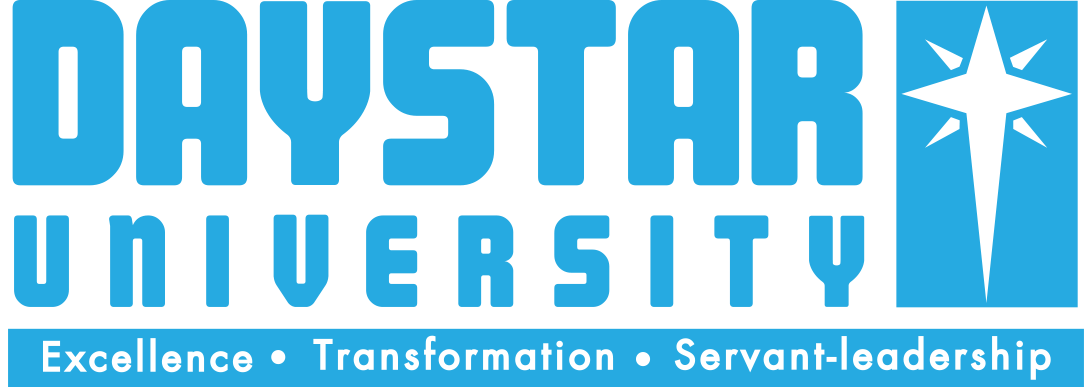
Sensitizing Workshop for Journalists on Reporting Education Issues.
On February 17, 2022, the Media Council of Kenya organized a workshop to train journalists on reporting education issues at Daystar University Nairobi Campus. Participants were drawn from different media houses in the country.
The journalists agreed that most reporting on education is about National exams results, wrangles and scandals at KNUT and TSC among other negative things yet there is so much to be reported on Education.
While observing his welcoming remarks, Mr. Alex Mutuku, Ag. Corporate Affairs Manager underscored the importance of strengthening journalistic skills for education reporting. He emphasized the need for journalists to understand the new curriculum being used in Kenya today, Competency Based Curriculum (CBC). “There are many hits and misses in CBC that needs to be unpacked but I believe the curriculum has the best interest of the country,” he said further noting that most Kenyans are skewed towards the negative comments made about the curriculum.
“Journalists play a great role in addressing social inequalities like unequal distribution of education resources, gender inequality among other issues in education,” said Dan Mule in his opening remarks while representing the Dean School of Communication, Prof. Levi Obonyo. Mr. Mule challenged the journalists to get acquitted with the National Goals of Education before attempting to report on education.
“The media houses are keen on covering controversial topics and the business aspect has also taken over reporting and that is where you come in to change the narrative,” he charged the scribes. Mr. Mule also challenged them to consider other forms of education such as lifelong learning while remaining proactive and fighting to keep the education desk in media houses alive.
"Let’s write stories of hope and highlight coping mechanisms,” said the Director, Training and Curriculum Development, Media Council of Kenya Media Council, Mr. Victor Bwire further urging the journalists to be carriers of hope in their writing by ensuring they do not over glorify university entry as the only way to succeed, but instead highlight cases of students who did not get a chance to join the university but are doing very well in Technical and Vocational Education and Training (TVET) and other tertiary institutions.
He also asked them to shun from the kind of journalism that seeks to shed light on the social issues without providing solutions or creating room for public participation and debate from a point of knowledge, “Do not just report, interrogate issues,” he said.
“As you seek to improve reporting of education, endeavor to be truthful and factual, this we can achieve by having reliable sources and reading widely. Refer to the do-no-harm principle of journalism and always remain independent,” he emphasized.
According to Ms. Josephine Nyangaga, Technical Advisor, State Department Curriculum Reforms, Kenya draws its policies and legal framework from three levels: global, regional, and national. The education policies are also anchored on the Constitution of Kenya (2010); International laws, agreements and conventions ratified by the Country, legal and policy provision.
As she concluded, Ms. Nyangaga noted that Kenya has a good curriculum that is protected by and anchored on strong policies but the road map to its implementation is still rusty. She urged the journalists to shed more light and provoke public participation.
According to Mr. David Aduda, the media has been tasked with transmission of information and knowledge, providing forum for public participation, creating awareness and civic responsibility. He stated that it is time that the media stopped reporting what leaders said in speeches, statements and events and start looking into emerging trends, complete reporting with date and evidence of impact. He also challenged the journalists to form an association for education reporters.
Ms. Judie Kaberia, Executive Director, Association of Media Women in Kenya (AMWIK), was concerned with the rate at which pitching is being ignored in most media houses today, and urged the journalists not to let such important media practices die.
Ms. Christine Nguku, Assistant Director, Training and Curriculum Development, Media Council of Kenya (MCK), emphasized on the need to have a good story angle that is impactful and has human interest with different voices.
The Media Council of Kenya is an independent national institution established by the Media Act, 2007 as the leading institution in the regulation of media and in the conduct and discipline of journalists in Kenya.
